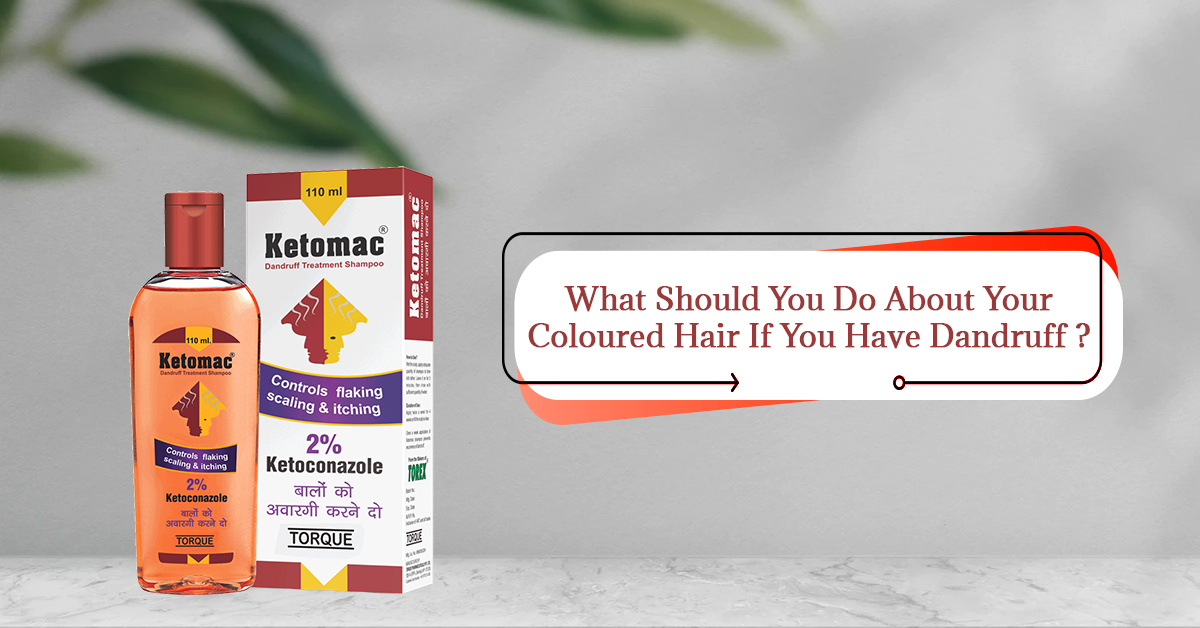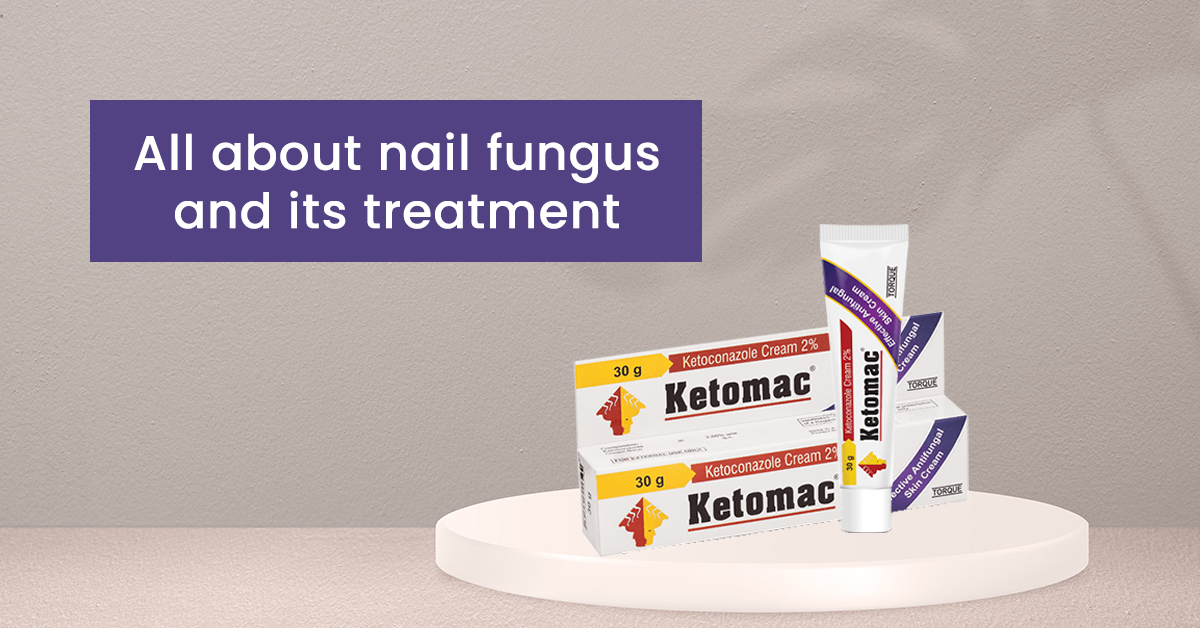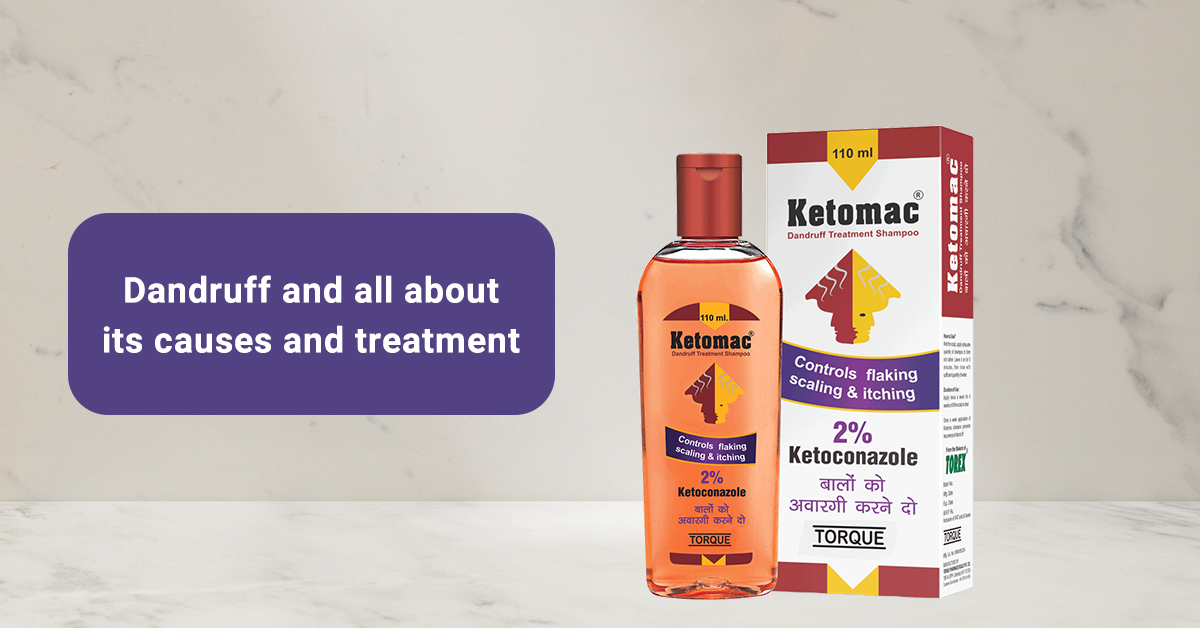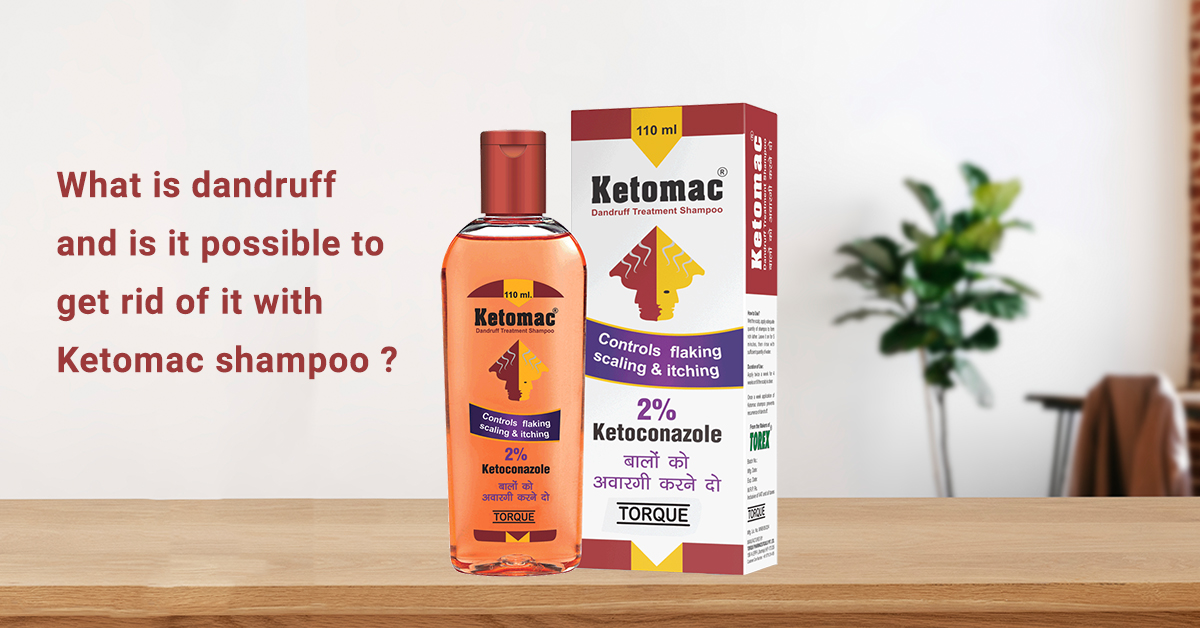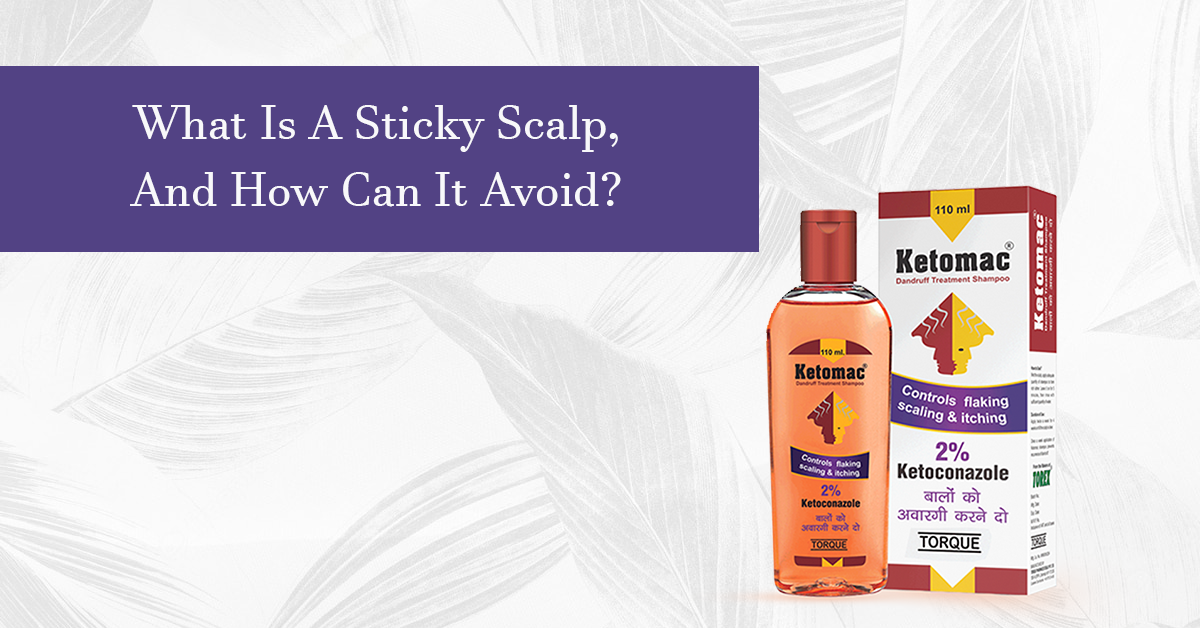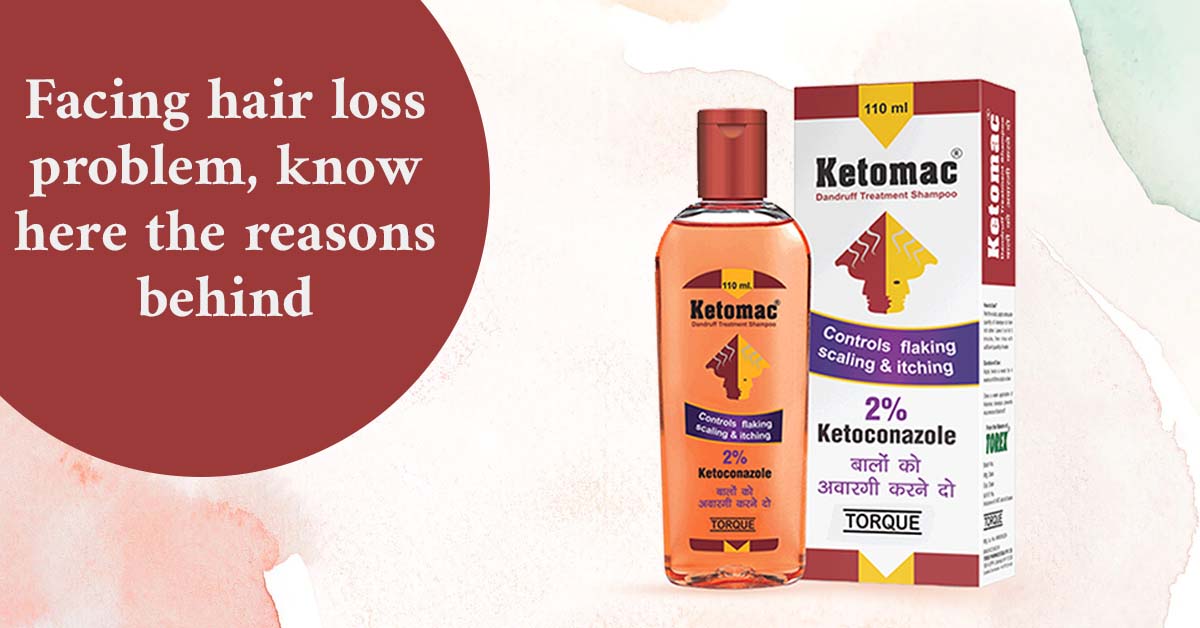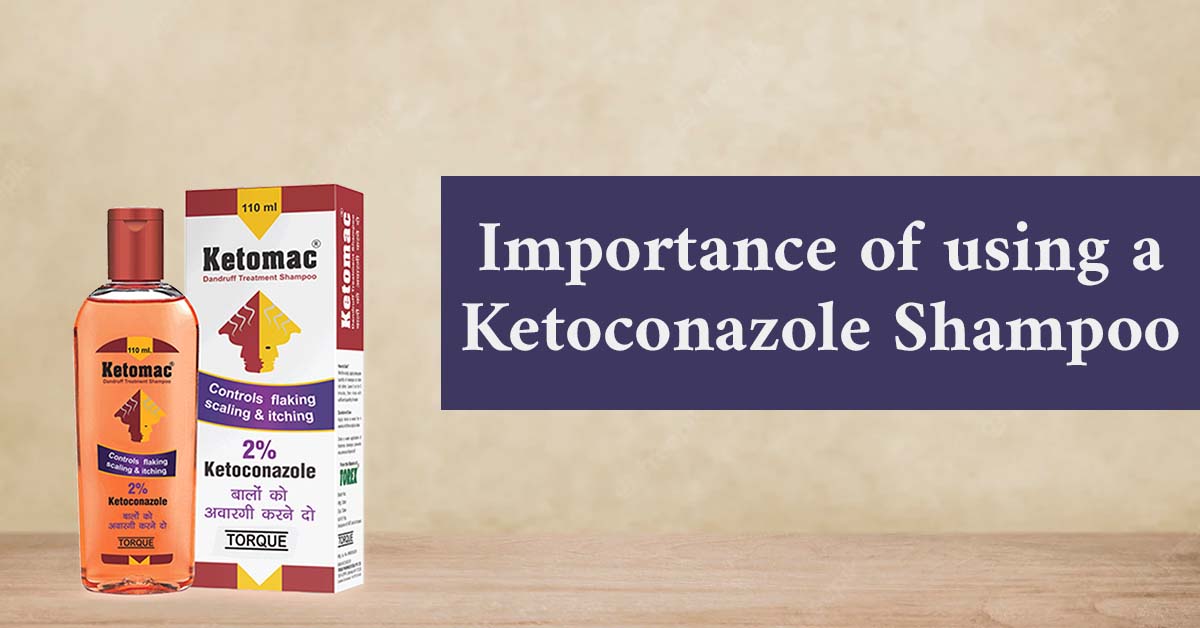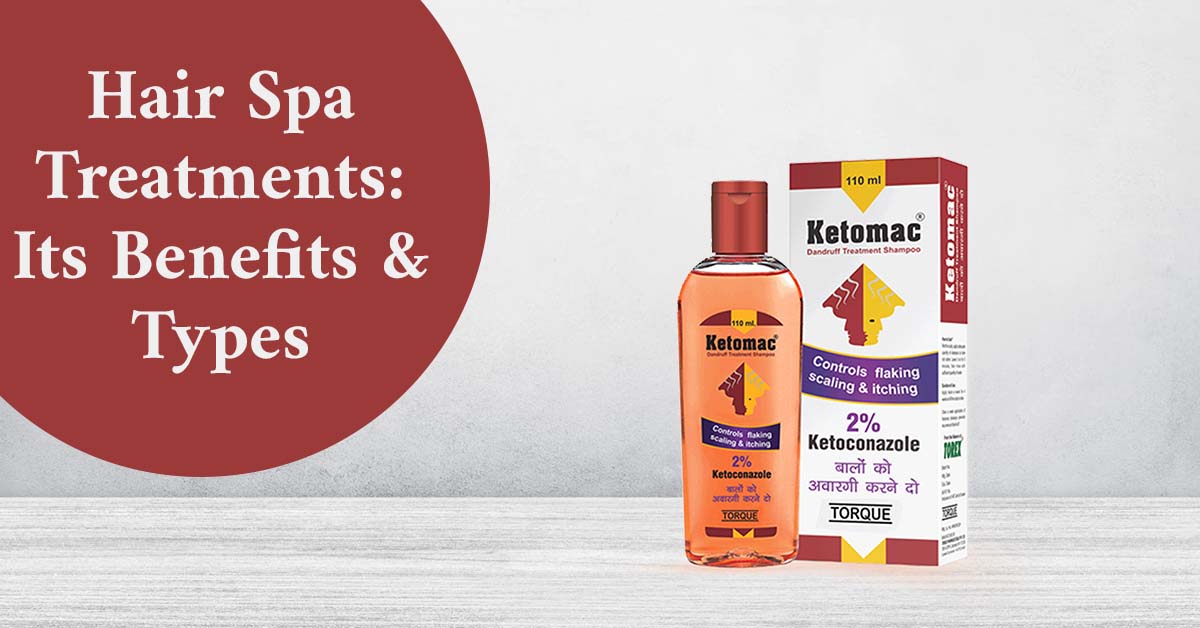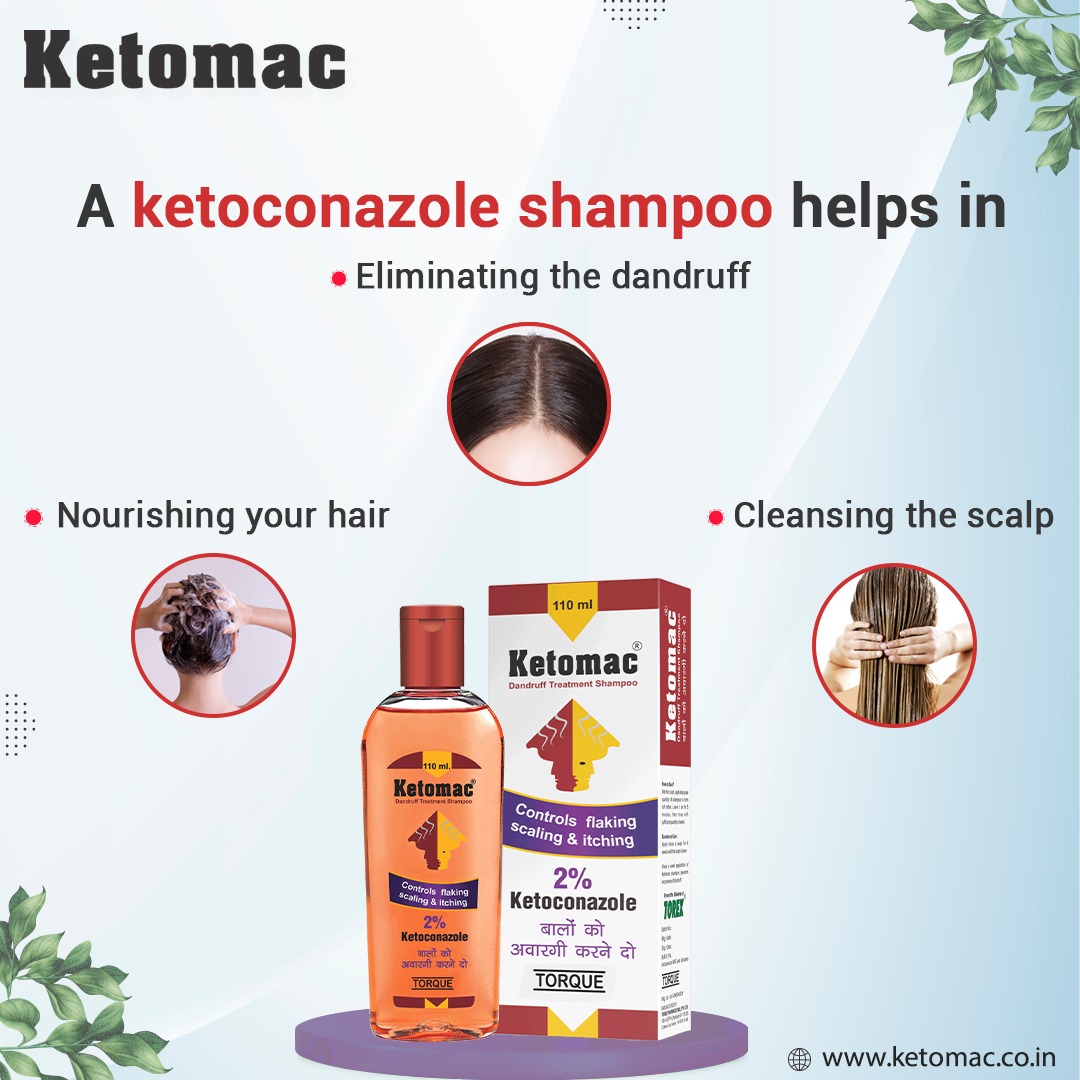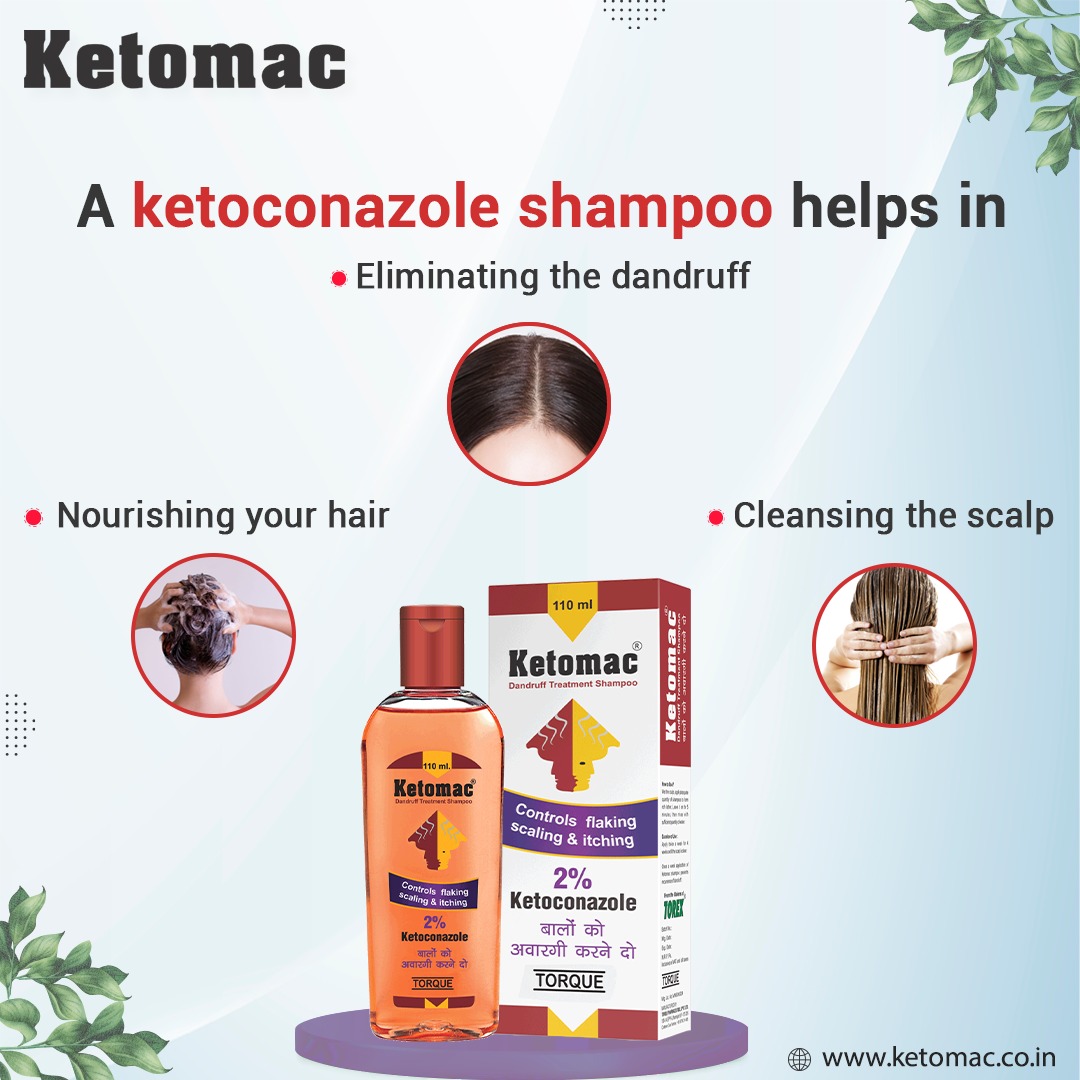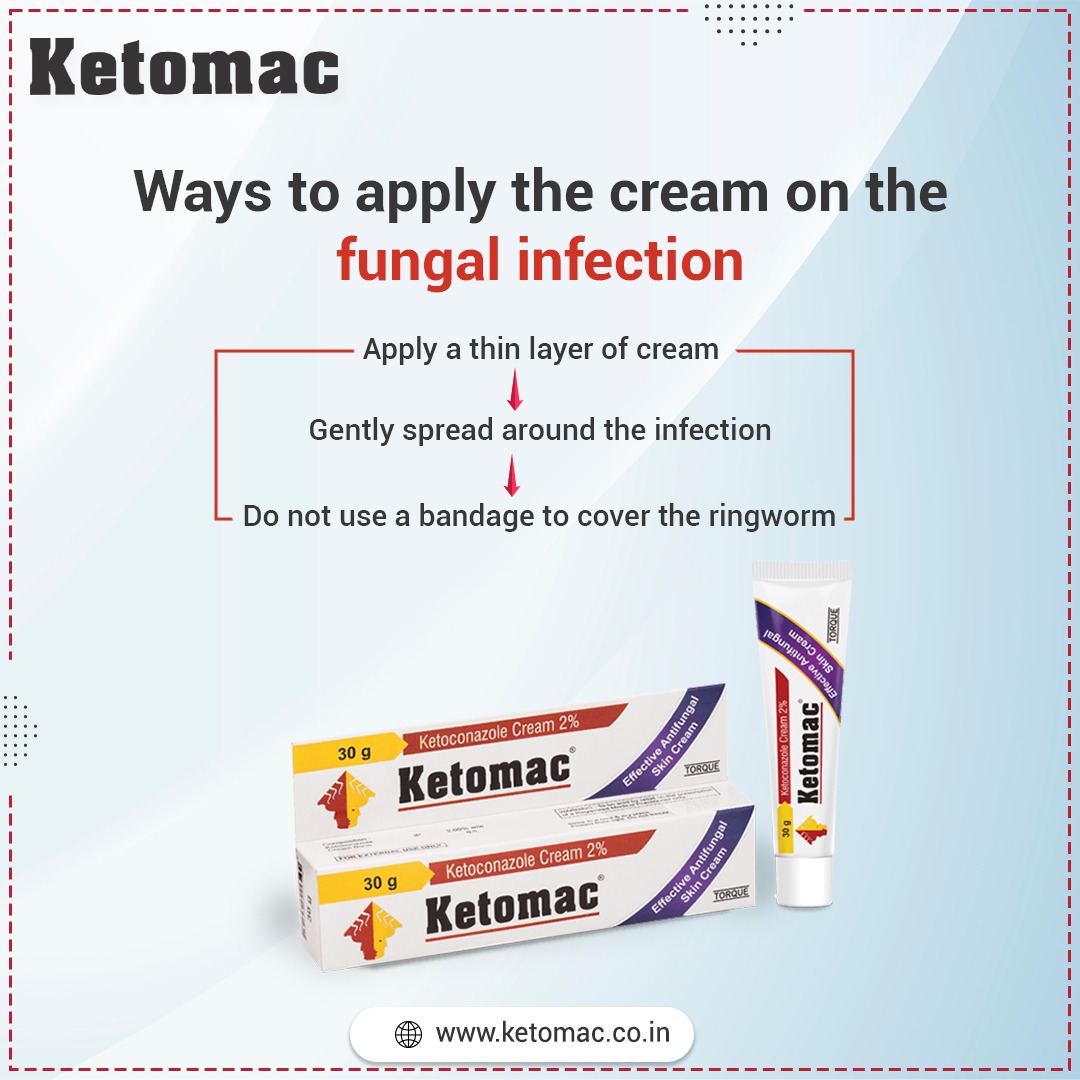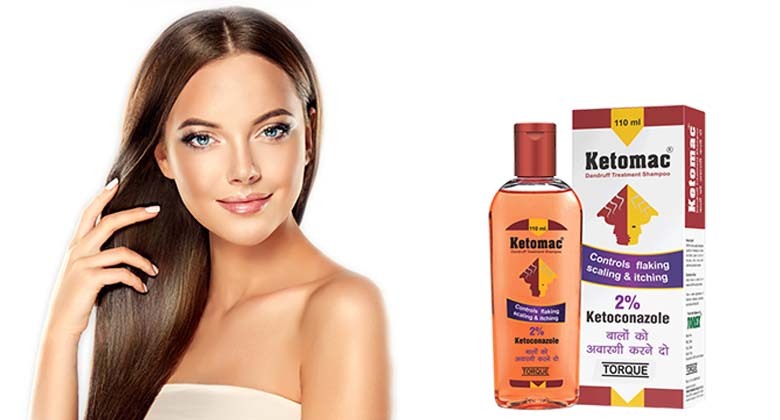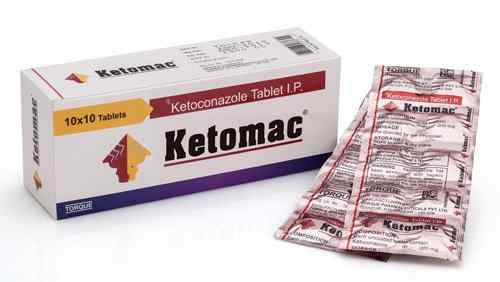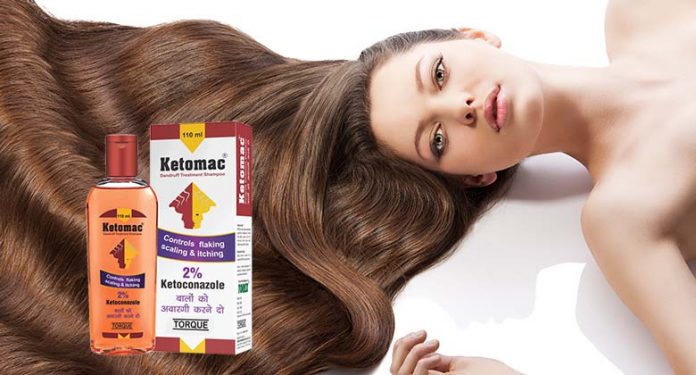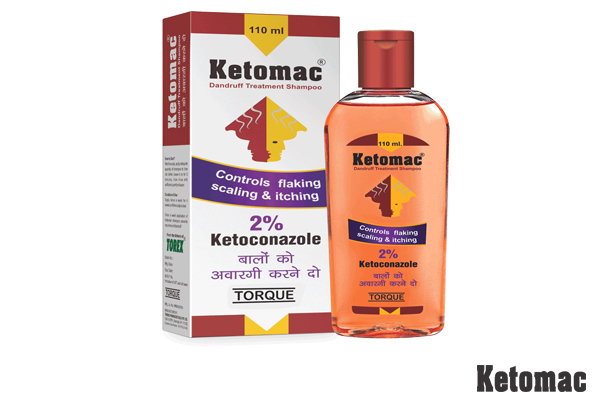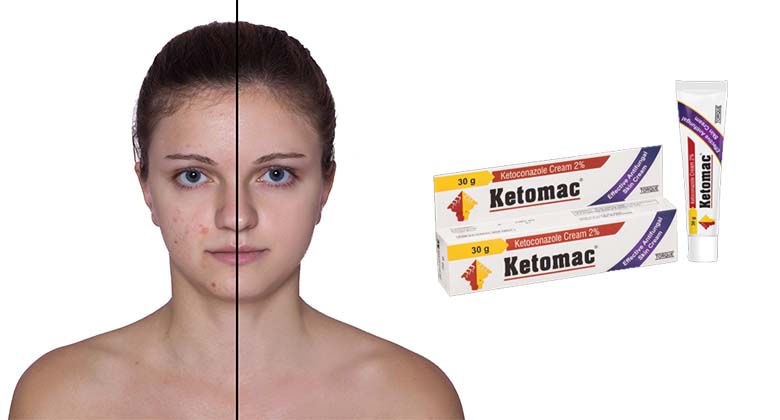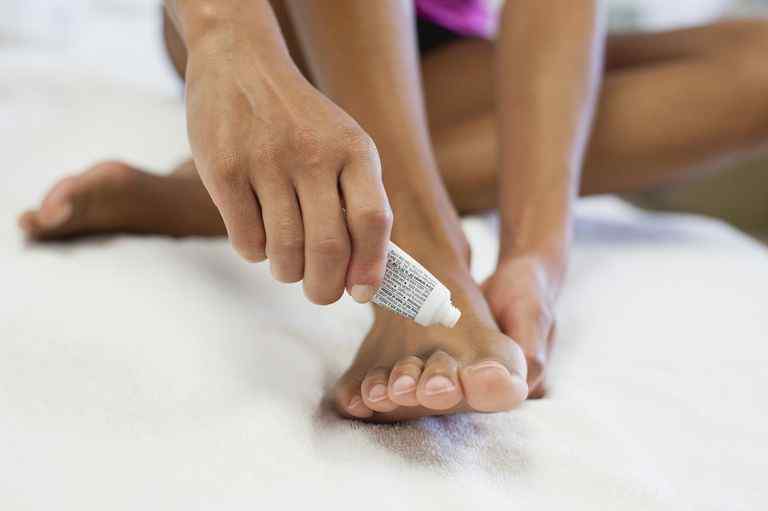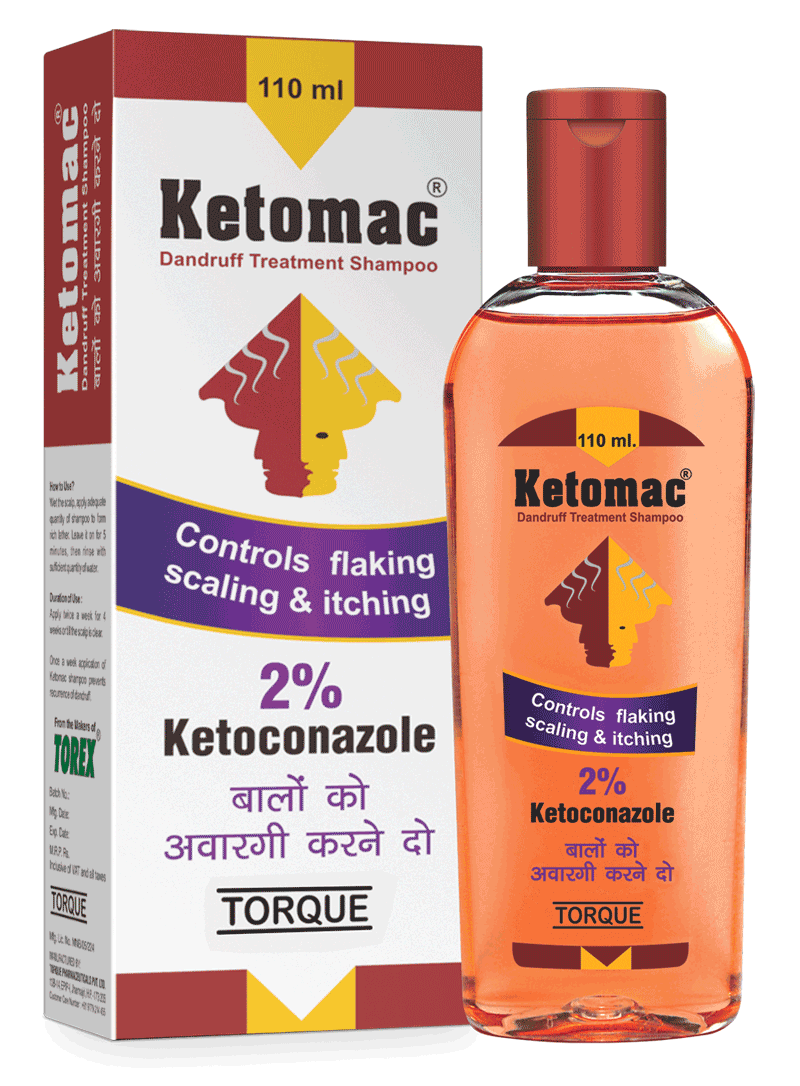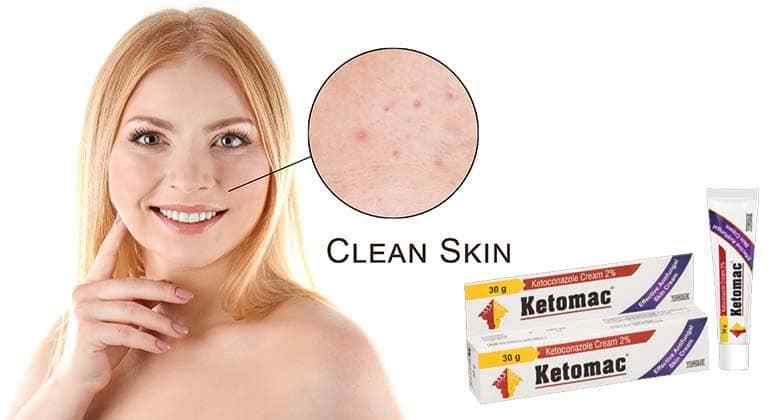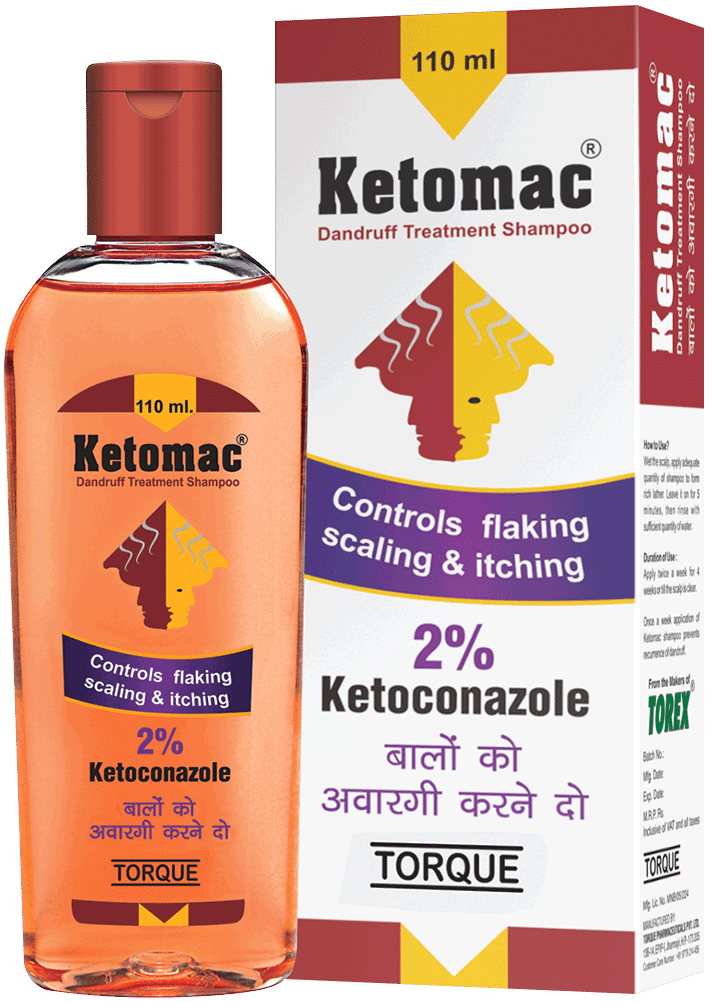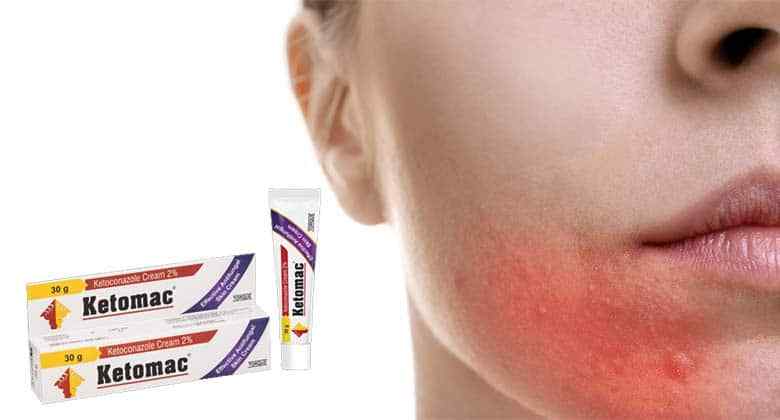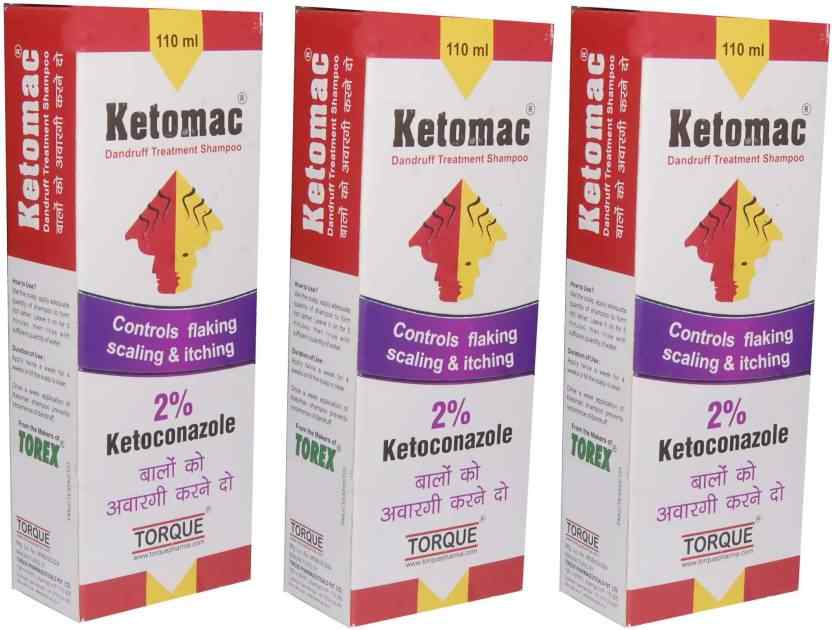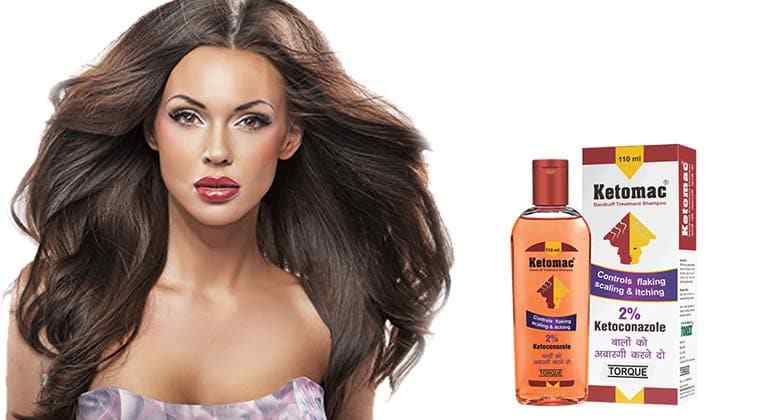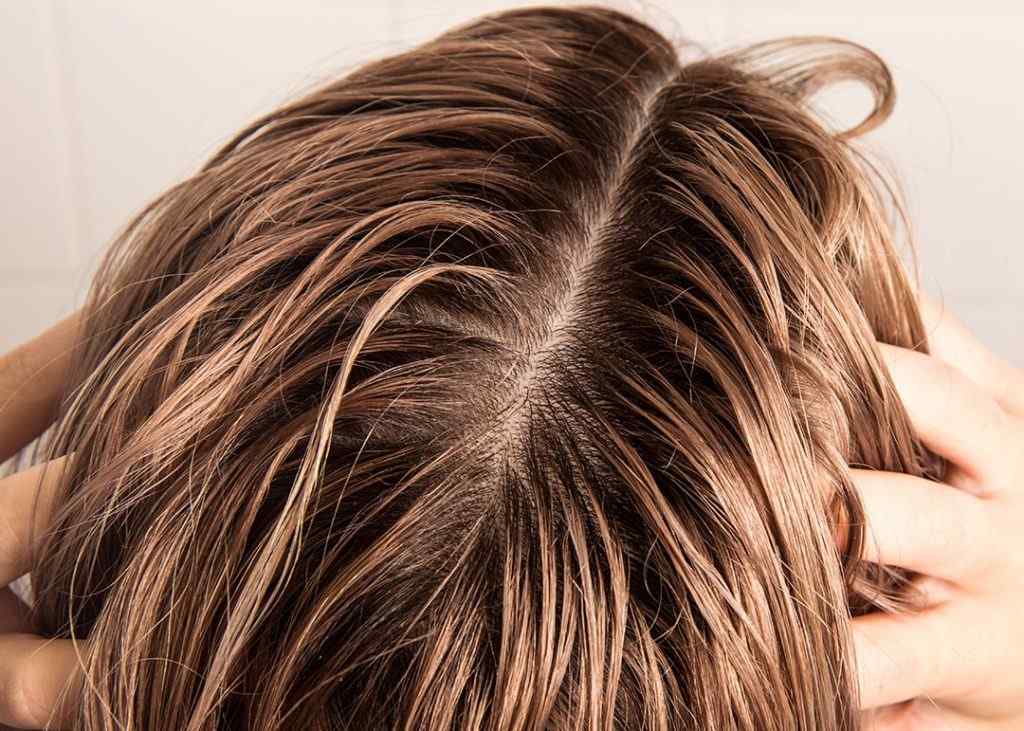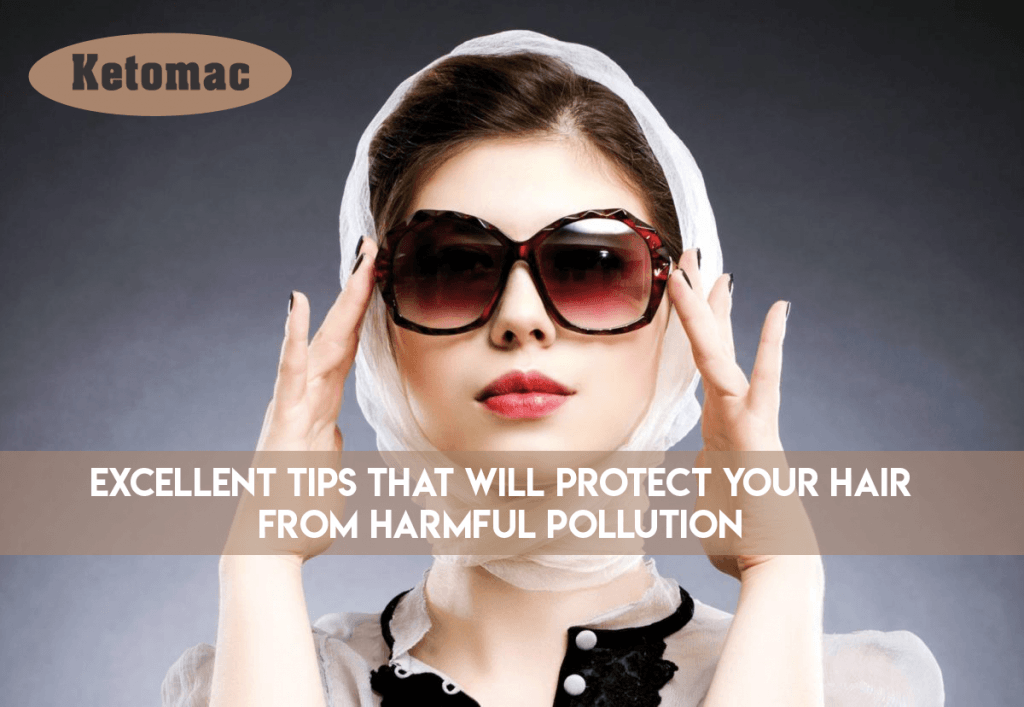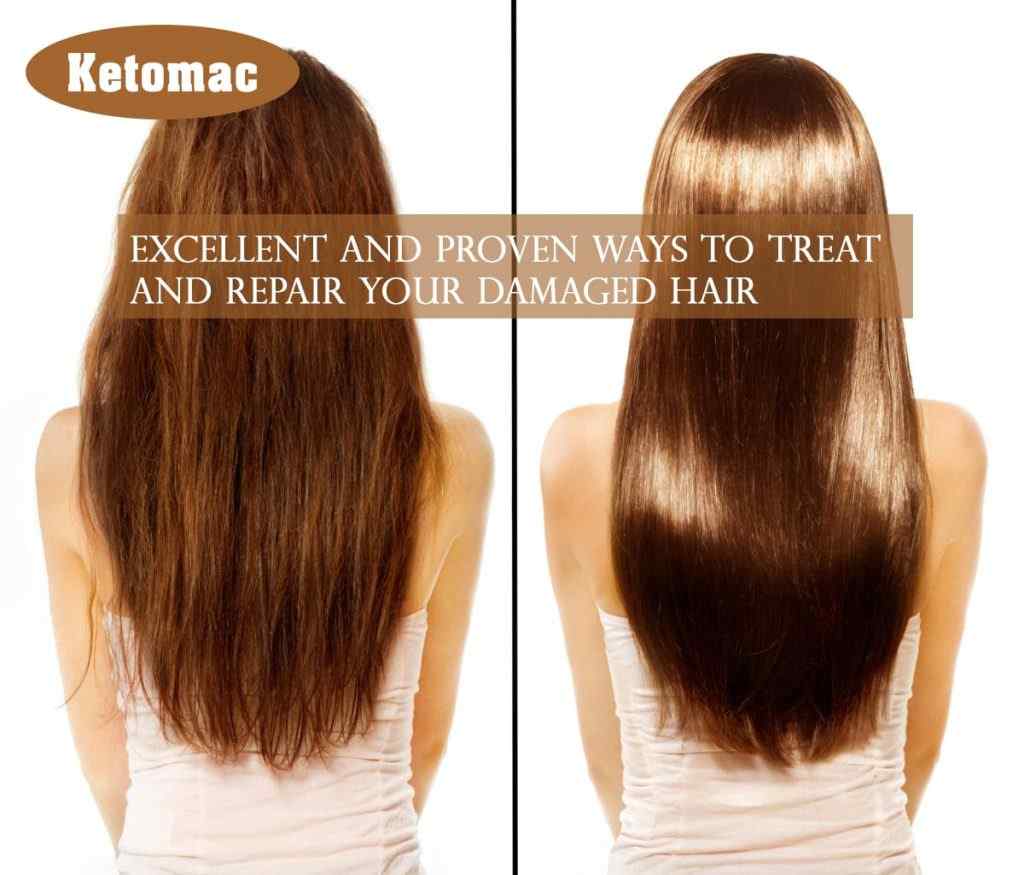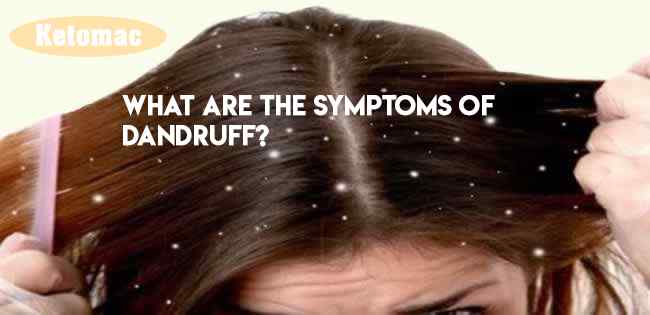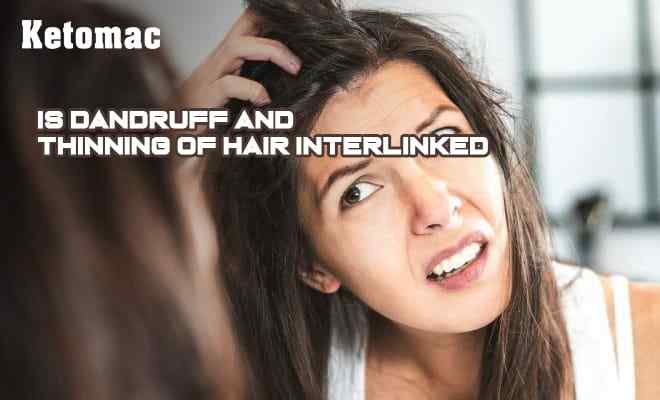You know every one of you experiences hair fall, right? Well, no matter what is the cause of your hair fall, the reality is you are experiencing your hair locks getting withered. It would help if you took proper precautions to ensure that your hair is safe, healthy, effective, and unique. What is the point if you comb your hair or touch your hair and are handed a bunch of hair? That would be heart-piercing and heart-aching. Go through this blog to stop hair loss due to medication.
If you have a question like stopping hair loss due to medication, the answer is standard; look for the apt things for your hair. Also, rather than concentrating too much on the causes, make sure that you are inclined towards the solutions. But again, it is always good to know the causes, too, to ensure that you know what might be triggering the hair loss in your case.
A few of the many causes of hair loss
Hormonal Imbalance
After the age of thirty, women can experience hormonal imbalance, and that can cause hair loss. This is generally caused by excessive dihydrotestosterone (DHT) conversion. Even though estrogen is the hormone that women produce, testosterone and other androgens like DHEA also emerge in the female body. As women reach a specific age, they might even begin to convert these androgens to DHT.
Nutritional shortages
The deficiency of vitamin D is another reason for hair loss. It might be possible that essential nutrients may be missing from your diets, such as iron, zinc, copper, and proteins. To evade this, make sure to get out and absorb some sun.
Birth Control Pills and medications
Indeed, different medications, including birth control pills, can trigger hair loss. The hormones in the pill that overpower ovulation can trigger hair to thin, mainly in women having a family history of hair loss. Sometimes hair loss might also occur when you stop taking the pill. Other drugs linked with hair loss are blood thinners and medicines that treat high blood pressure, heart disease, arthritis, and depression. You have to be careful about what you are consuming and if it is the reason for your hair fall. Once you know the reason, you can start up with your solution.
Thyroid matters
If the thyroid gland at the front of the neck generates excessive or insufficient thyroid hormone, the hair growth cycle could change. However, if you have a thyroid issue, you will notice other symptoms and hair loss, such as weight gain or loss, sensitivity to cold or heat, and alterations in heart rate.
Polycystic ovary syndrome (PCOS)
Females having polycystic ovary syndrome (PCOS) have a hormonal imbalance that creates higher levels of androgens than expected. It even causes hair to grow on the face and the body, while the hair on the head gets thinner. PCOS can also lead to ovulation problems, acne, and extensive weight gain.
Extensive Stress
Extreme stress can trigger sudden hair loss, which could last for several months. Minimizing stress through exercise, meditation, yoga, and different massages will diminish your chances of experiencing hair loss.
Different Hairstyling products
Over-treated hair can lead to hair loss due to the toxic chemicals discovered in dyes and styling products. Similarly, nearly all shampoos possess Sodium lauryl sulfate (SLS), which has a toxic effect on your immune system and has been believed to corrode hair follicles and hamper hair growth. It is sensible to stick to natural shampoos and dyes.
Medical conditions
Whether you want to prevent hair loss due to medication or any other reason, make sure you start using the hair products specifically to solve hair fall. Once you use products like Ketomac shampoos, creams, and stuff, you will find relief in your hair fall regime. For now, look at a few of the medical conditions that might also have a role in shedding your hair.
- Telogen effluvium: Usual shedding from all over the head:
You typically lose 100 hairs a day but sometimes shed hurries due to stress, illness, medication, or hormones. Hair generally grows back within six months.
- Androgenetic alopecia
In females, hair usually things in the top, frontal area, just behind the hairline, but stays dense at the back. An enzyme triggers the conversion of the male sex hormone testosterone to another hormone, dihydrotestosterone (DHT), triggering the hair follicles to generate thinner hair until they cease.
- Alopecia areata
An autoimmune ailment that affects up to two per cent of the population. It triggers round patches of hair loss and can lead to total baldness. In various cases, the hair regrows.
- Ageing
As you age, the rate at which your hair grows inclines to slow down. Hair strands get smaller and have less pigment, and hair becomes thinner, more delicate, and even grey. To keep your hair healthy, you must eat whole foods that help keep your body youthful and the hair. If you have prematurely grey hair, you can go for supplements that might help.
- The issue of Genetics
Genetic hair loss is called androgenetic alopecia and is the most direct cause of hair loss. The gene could be inherited from either your father’s or mother’s side of the family, though you are more likely to have it if your parents had hair loss.
Dandruff?
Well, can dandruff cause hair loss? Yes, it can if it gets extensive, and it differs from person to person. There are cases when people lose their hair because of extensive dandruff and end up bald or with thinned hair.
Conclusion
Thus, since you know the causes now, make sure that you avoid the things that might trigger hair fall issues. Moreover, ensure that you use the right products like Ketomac products for hair fall prevention.







